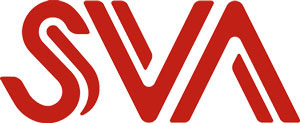Digitalisation of the Veterinary public sector to improve safety and preparedness

This project will identify and collate current policies and practices relevant to livestock health, antimicrobial usage and food safety data across the nordic nations, and identify interventions and innovations that are required to optimize data analytical methods, processes and architecture in order to enhance food safety and resilience to livestock disease within our increasingly international society. The work packages (WP) within the project will focus on collating and comparing data availability, formats and quality between nations with the help of industry and governmental stakeholders (WP1), creating new open-source software tools and workflows to make smarter use of data (WP2), and leveraging workshops and other activities to discuss and review our work in the context of international cooperation and joint societal benefit (WP3). Central to these activities will be our three case studies (CS) running across WP and illustrating the challenges and opportunities associated with using livestock-related data in the context of the following challenges: food safety (CS1), antimicrobial usage in livestock (CS2), and contagious exotic diseases of livestock (CS3).
Digivet will start in April 2021 and it's led by the University of Glasgow. Other partners besides SVA are the University of Edinburgh, the James Hutton Institute, the Estonian University of Life Sciences, the Danish Veterinary and Food Administration, and the University of Copenhagen.
SVA's Department of Disease Control and Epidemiology (ESS) will lead WP2 - "creating smarter data systems".


